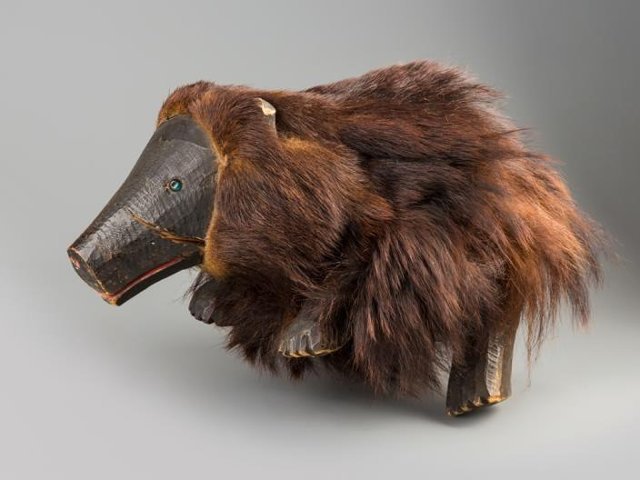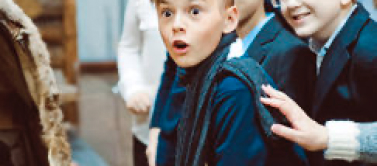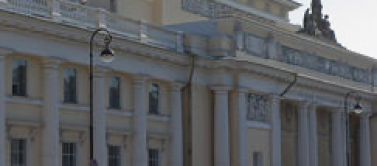Museum’s collections

The collection of the Russian Museum of Ethnography is an integrated museum and ethnographic source and a unique resource on the traditional culture of peoples of Russia and neighboring countries.
The first “Program for Collecting Ethnographic Objects” was published as a program document in 1902, the year of establishment of the Museum. It formed the scientific and methodological basis of acquisitions for documenting the status of traditional culture of the Russian Empire’s peoples. The acquisition of assets for the Museum was from the outset viewed as consistent and purposeful theoretical and practical activity of the Museum to find objects of museum value, their acquisition, systemization and documenting to fulfill the Museum’s social mission and national agenda defined in the Imperial Edict of Nicholas II “On the Establishment of the Emperor Alexander III Russian Museum” of April 13 (25), 1895. The edict prescribed to “give a clear idea of the artistic and cultural state of Russia.”
At the origins of the Museum were Russia’s prominent scientists, who knew the museum practice well, and who were experts of folk lifestyle, collectors, and artists. They developed the principles of acquisition for collections on the culture of peoples of Russia, which were up to the advanced scientific results and enabled building an “ethnic portrait” of each of the Russian Empire’s peoples “in the shine of its amazing merits.”
Today, the Russian Museum of Ethnography (RME) is at once a museum and a reputable research center continuing the traditions of Russian ethnographers and practical museum workers of the 20th century. Several stages are distinguished in the history of building the collections of the RME, which reflect the development of Russian science and museum studies, and of ethnic policy of the state. Over the whole period of the collections’ acquisition, the following principles remained unchanged:
- identification and acquisition of genuine artifacts of history and culture that feature as fully as possible the specifics of national cultures and relations with other peoples;
- generation of a source expert base for museum and specific research;
- scientific classification, attribution, and documenting of museum exhibits, in particular creation of their images and integrated description;
- preservation of historic and cultural valuables and ensuring their accessibility, first of all through expositions, exhibitions, and publications.
From the outset, there were several lines of acquisition for the RME depositories: culture specific, systematic, and thematic.
In the process of culture specific acquisition, objects meeting the original ethnic traditions are identified, and unique samples of folk culture are selected that correspond to the values of the worldwide cultural and historic heritage. With systematic acquisition, museum collections are regularly made up with generic objects, so that the RME collections are ample and variable. Thematic acquisition helps identify and acquire exhibits treating one particular subject: forms of economic life and traditional occupations, everyday life, ritual practices, cultural life phenomena etc.
The importance of these acquisition concepts is reflected in the management of storage of the Museum’s ethnographic depositories dedicated to large ethnicities and regions: Volga Land and Ural Land, Siberia and Far East, Baltics and North-West, and South-West of European Russia, Central Asia, Kazakhstan and Caucasus; the collections on the Russians’ culture are allocated into a separate depository.
Today, the collection of the Russian Museum of Ethnography is an integrated museum and ethnographic source and a unique resource on the traditional culture of peoples of Russia and neighboring countries.


